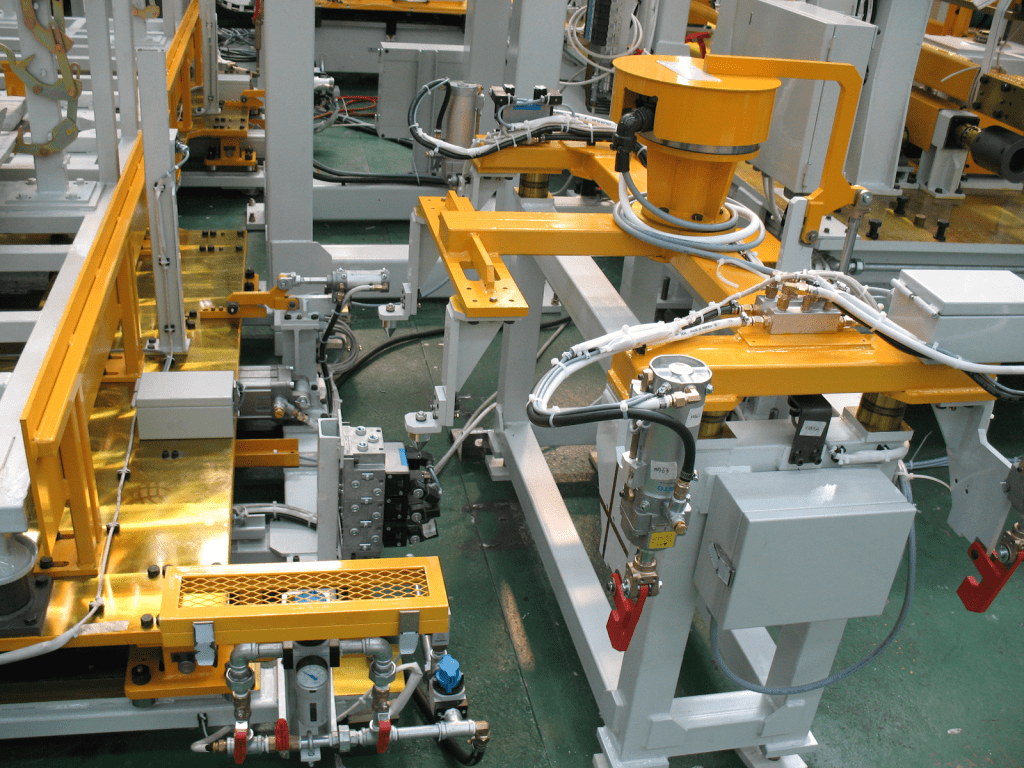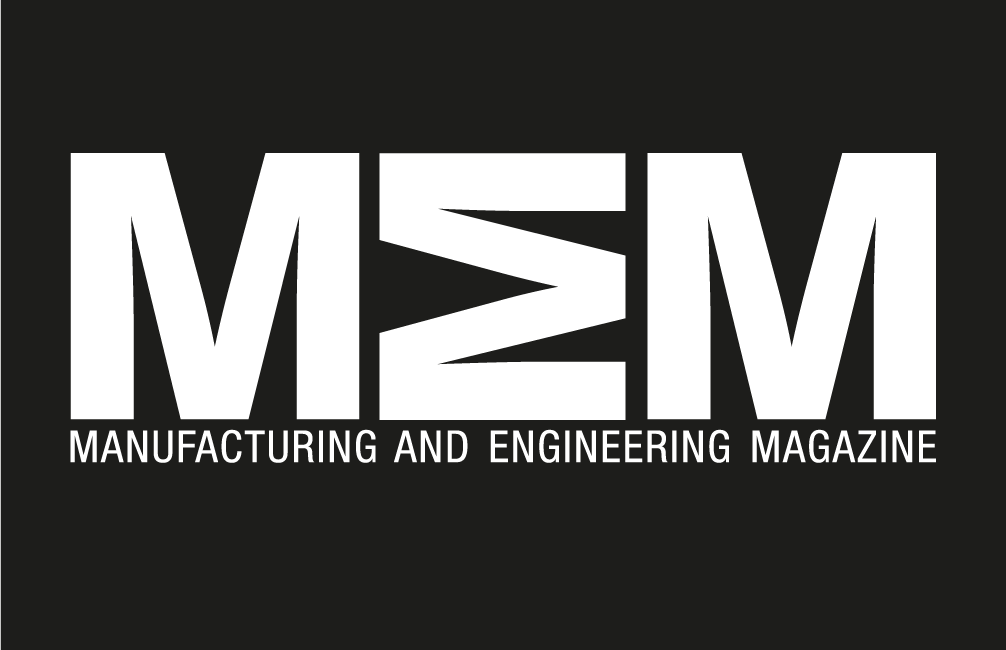Finding the Right Manufacturing Apprentices

It has been suggested, encouraged and broadcasted across a range of different industries that in order to grow, a number of UK industries need to increase the number of people who are in apprenticeships and training in order to meet a skills demand or deficit. This is very clearly felt in the construction industry, but is applicable for a wide range of trade based positions. However, the head of a Gateshead manufacturing business has spoken out about the difficulties in attracting the right sort of candidate for apprenticeships with their business. Managing Director of Gate 7, the decal manufacturer, Kate Wickham has spoken out about the struggles that are faced by the manufacturing business, and no doubt she is not alone. GATE 7 is known for being at the top of the league table for Apprenticeships. As a part of their Apprenticeship scheme the company has three apprentices to their 42 employees. The apprentices working with the business are employed in a number of vital areas for the business. However, it has been said that in order to get the most out of offering Apprenticeships is to find the right apprentices. It is difficult for companies to find candidates that have the skills that can be refined through an apprenticeship. There are also challenges assessing people’s abilities by looking at a CV, especially the skills of a fresh-out-of-school 16-year-old who has a very limited level of experience. It is important for companies looking to take on apprentices that they meet them face to face in order to get a better gage of their personality, work ethic and ability. Gate 7 has a range of major UK clients such as JCB, Caterpillar and Komatsu and is also a very successful exporter, with their exports making up 60% of Gate 7âs revenues.
Caterpillar to Cut Over 200 Jobs in Northern Ireland

More than 200 jobs are to be cut in Northern Ireland by US manufacturing firm Caterpillar in a move that may result in the closure of its Monkstown plant in Newtonabbey. Caterpillar is the biggest manufacturer of heavy construction equipment in the world and employs around 1,800 people in Northern Ireland. The firm also has other sites in Belfast and Larne and has been affected by a downturn in oil exploration and mining, which has led to a fall in demand for its products. In Northern Ireland, a lot of its work involved the manufacture of diesel generators. Although the firm insists that it remains committed to Northern Ireland, it said that it will also end the production of 25 tonne and larger material handlers in Northern Ireland, including the planned launch of large material handler models for Europe. The company said: This re-structuring is part of our on-going plans to reduce cost in response to current economic and business conditions. Despite these contemplated actions, we will stay in Northern Ireland. In fact, these changes will make us more efficient and competitive over the longer term. James Brokenshire, Northern Ireland Secretary of State, said that the government intends to help those who will lose their jobs, adding that he has had discussions with the executive on how we can work together to help prevent future losses and bring new employment opportunities. Davy Thompson of the trade union Unite said the announcement should be a turning point for the Northern Ireland Executiveâs industrial policy, adding that real action is required to help a beleaguered sector. Thousands of experienced, highly skilled â and now redundant â manufacturing workers need appropriate employment opportunities. Giving up on manufacturing is not an option for these workers or the communities, which face post-industrial futures. Manufacturing & Engineering Magazine | The Home of Manufacturing Industry News


